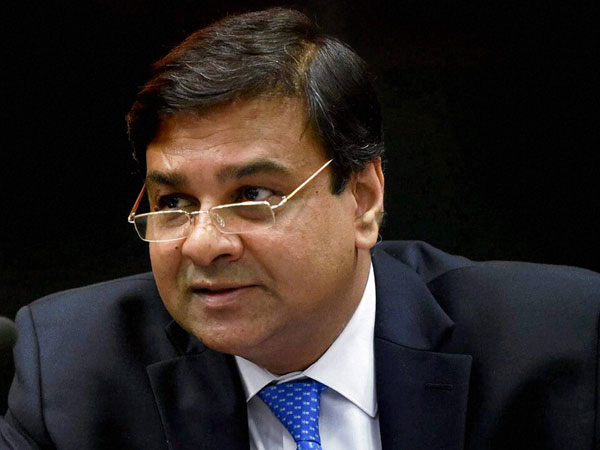
Government, RBI set for truce; Urjit Patel unlikely to quit: Reports
New Delhi, Nov 15: The government and Reserve Bank seem to be veering around to ironing out some of their policy differences ahead of the RBI board meeting on November 19. The threat that RBI Governor Urjit Patel would quit, as reported by some newspapers last week, is also thought to be off the table, for now.
If not in this board meeting, reports said, the issue of relaxation of PCA framework which the finance ministry has been pitching for would be reached in the next few weeks.

As a result of relaxation, some banks may come out of the PCA framework by the end of the current fiscal.
Of the 21 state-owned banks, 11 are under the PCA framework. These are Allahabad Bank, United Bank of India, Corporation Bank, IDBI Bank, UCO Bank, Bank of India, Central Bank of India, Indian Overseas Bank, Oriental Bank of Commerce, Dena Bank and Bank of Maharashtra.
The PCA framework kicks in when banks breach any of the three key regulatory trigger points namely capital to risk weighted assets ratio, Net non-performing assets (NPA) and return on assets (RoA).

The RBI is also likely to agree to easing of lending norms for the MSME sector including strict rating criteria to improve credit flow to this sector, sources said.
Besides, the central bank is expected to consider special dispensation for micro, small and medium enterprises (MSME) sector and non-banking financial companies (NBFCs) which have been facing liquidity issues.
The government feels that the MSME sector which employs about 12 crore people plays a critical role in the economy, and the sector hit by demonetisation and implementation of Goods and Services Tax (GST) needs support.

However, the central bank has been averse to government demand for special dispensations for MSME and NBFC sectors as it consider them vulnerable.
Last week, Finance Minister Arun Jaitley said there is a need to minimise NPAs in order to maintain the strength of the banking system and enable it to help the economy grow.
It is only a strong banking system that will be able to improve credit in those sectors which really need credit, the Finance Minister had said, adding, "The MSME sector needs credit, several other players in the market need credit. NBFCs today need credit because a large part of lending is done by them."
PM Modi met Patel last week in an attempt to sort out contencious issues. It is unclear how much of a role Modi played in defusing the tension. Local media reported that Modi met Patel last week in an attempt to sort out the contentious issues but officials in the prime ministers office and the RBI said they did not know of such a meeting.
Modi had appointed Patel as the RBI governor in 2016 for a three-year term that ends in September next year.
There are reports of growing tensions between the RBI and the government, with the Finance Ministry initiating discussion under the never-used-before Section 7 of the RBI Act which empowers the government to issue directions to the RBI Governor.
RBI Deputy Governor Viral Acharya had in a speech last month talked about the independence of the central bank, arguing that any compromise could be "potentially catastrophic" for the economy.


 Click it and Unblock the Notifications
Click it and Unblock the Notifications
































